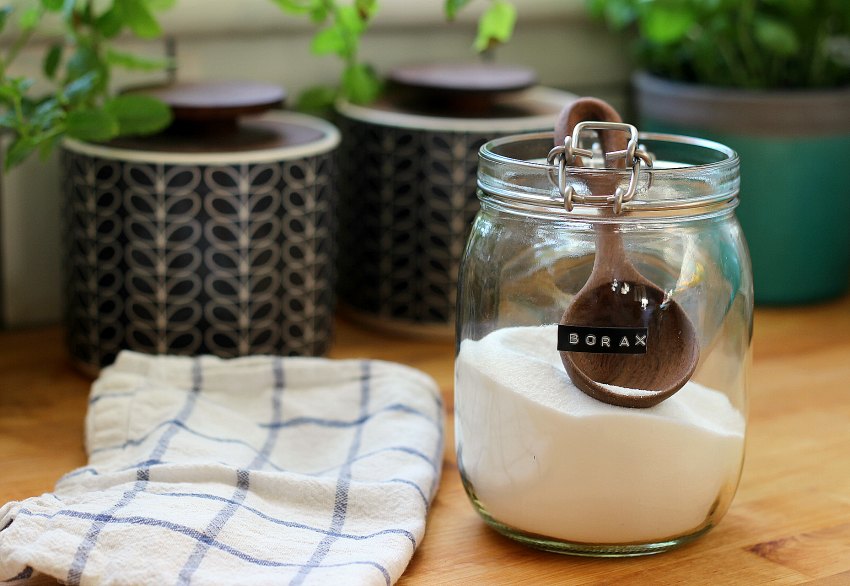How To Save Energy When Using Your Dishwasher
To support the running costs of Moral Fibres, this post may contain affiliate links. This means Moral Fibres may earn a small commission, at no extra cost to readers, on items purchased through these links.
Your dishwasher may be an eco-friendly kitchen superhero, but it could be greener. Here are some clever tips to help you save even more energy when using your dishwasher – cutting your bills and helping the environment in the process.
Your dishwasher isn’t just a time-saver. When used mindfully, it can be an energy-efficient kitchen superhero. After all, dishwashers are way more energy-efficient than washing dishes by hand. Add in some plastic-free dishwasher detergent and you can feel smug in the knowledge that washing your dishes is doing good for the planet.
However, simply using a dishwasher isn’t automatically a passport to a greener life. Use it incorrectly, and your dishwasher can cost you more than it should in energy bills (set to rise even higher in 2024) and result in increased carbon emissions.
So how do you save energy when using your dishwasher? I’ve got seven clever tips to make dishwashing more sustainable.
How To Save Energy When Using Your Dishwasher

Ready to save even more energy? Roll up your sleeves and tackle your dirty dishes without dirtying the planet with my clever tips:
- Choose An Energy-Efficient Model
- Scrape Plates & Scrub Off Stains
- Opt For A Full Load
- Avoid Overloading
- Load Dishes Efficiently
- Skip The Drying Cycle
- Clean Your Dishwasher Regularly
1. Choose An Energy-Efficient Model
Firstly, if you’re in the market for a new dishwasher, opt for the most energy-efficient model you can afford. Look at each model’s energy label, selecting the one closest to A that’s within your budget.
At the top of the scale, A indicates an appliance is very energy efficient, whilst G means an appliance is not very efficient, and will cost more to run. Or, as I like to think of it – A is for amazing and G is for, well, not so great.
2. Scrape Plates & Scrub Off Stains
It may have been true back in the day, but dishes don’t have to be rinsed clean before they go in the dishwasher. All modern dishwashers and detergents are designed to tackle food residue with ease. So save water and energy, by skipping the pre-rinse and simply scraping off your excess food into your food waste bin.
When it comes to stubborn stains, like anything burnt on, it’s more energy-efficient to pre-treat these dishes rather than relying on your dishwasher alone. A good soak and a quick scrub before popping these dirty dishes in your dishwasher can help remove these tough residues without the need for a second wash.
3. Opt For A Full Load
One of the most effective ways to save energy is to wait until your dishwasher is full before running it. Running a half-empty dishwasher wastes resources, as the machine uses the same amount of water and energy regardless of the load size.
If you must run a reduced load, look for the half-load setting on your dishwasher. This setting means that the dishwasher only cleans the dishes in one area of the machine. Check your manual to see if it’s the top or bottom rack, or if there’s any way to specify, as all models are different.
4. Avoid Overloading
On the other side of the coin, when you’ve got a kitchen worktop covered in dirty dishes, it’s tempting to ram in as many dirty dishes into your dishwasher as you can.
However, overcrowding can prevent water and detergent from reaching all the nooks and crannies of your dishes, leading to less efficient cleaning. Dishes could come out dirty and require re-washing. Energy efficient it is not.
Instead, stack your dishes carefully, ensuring there is space for water and detergent to circulate properly and you’ll be rewarded with clean dishes every time.
5. Load Dishes Efficiently
In a similar vein, proper loading can make a significant difference in how effectively your dishwasher cleans your dishes.
- Place the dirtiest items on the bottom rack and the less-soiled items on the top rack.
- Ensure the dishes don’t block the sprayer arms, which need to distribute water evenly.
- Face heavily soiled surfaces toward the spray arm.
- Avoid nesting dishes to ensure proper cleaning.
Follow these tips and you won’t need to run that second wash.
6. Skip The Drying Cycle
Many dishwashers offer a heat-dry option that uses extra energy to dry your dishes. Yet any aspect of heating, such as the heat involved in the drying cycle, is energy-intensive. Therefore skipping this step is bound to save a whole lot of energy.
Instead, you can opt for the air-dry setting. This clever setting, available on many newer models, doesn’t use heat. Instead, it uses room-temperature air to dry dishes. It does this by circulating the air around the machine using internal fans.
While it might take a little longer, it’s worth it for the energy savings. I’ve seen energy-saving estimates using this method ranging from a conservative 15% to a colossal 50% of energy saved. You can also open the dishwasher door after the cycle finishes to let the dishes air-dry completely.
Using a vinegar rinse aid in your dishwasher, like the one outlined in my guide to chemical-free cleaning products, helps reduce the likelihood of spots on glasses that might occur through air-drying, in case you’re worried about that.
7. Clean Your Dishwasher Regularly
I know, I know. It’s awful knowing that you have to clean the appliances that clean our dishes. But clean our dishwashers we must. You see, a well-maintained dishwasher operates more efficiently and helps save you money and energy.
It’s important to concentrate on the filter, spray arms and seals regularly. You can check out my non-toxic guide to cleaning your dishwasher with vinegar for the full run-down.
Want to save even more energy? Here are fourteen more easy ways to help save energy in your home.
Found this post useful? Please consider buying me a virtual coffee to help support the site’s running costs.




